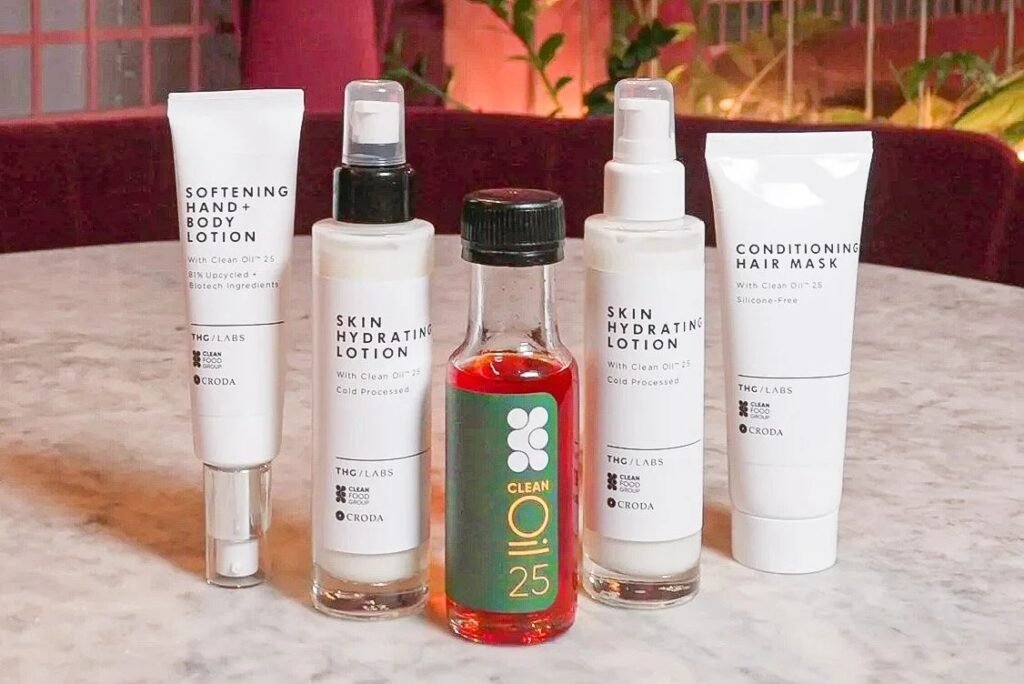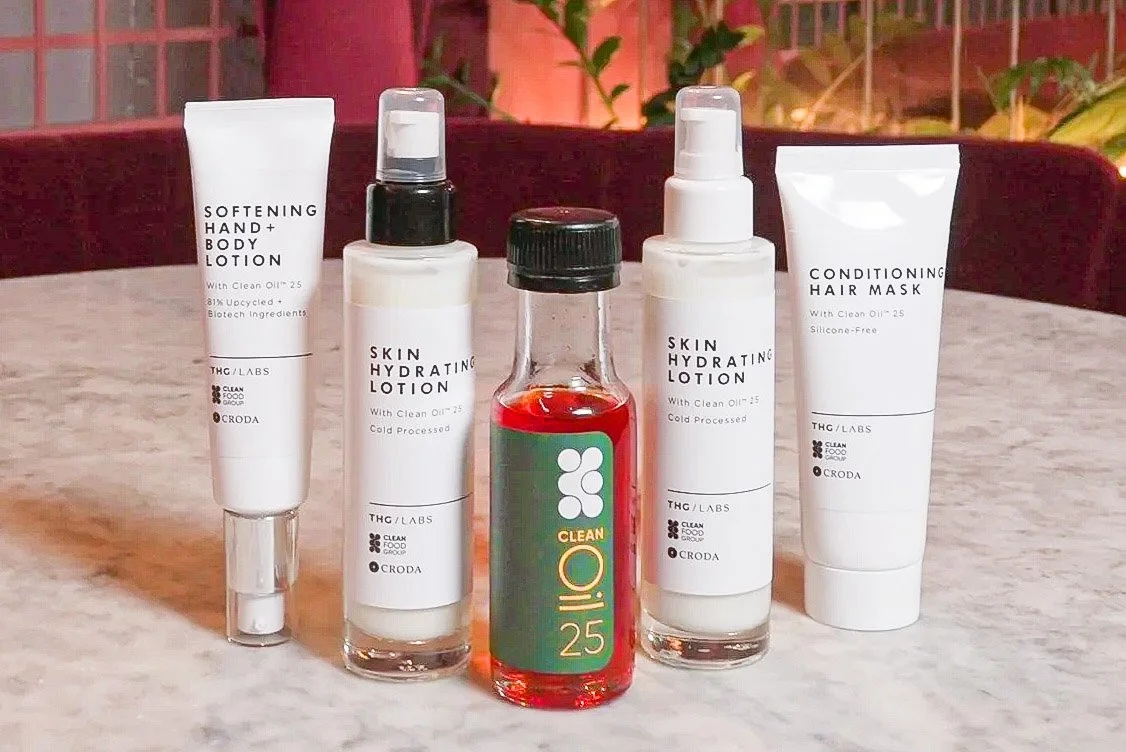
UK-based Clean Food Group—a startup using oleaginous yeast to produce customized oils for food, cosmetics, petfood, and personal care—has acquired one million liters of fermentation capacity in Liverpool from Algal Omega 3 Ltd, which went into administration earlier this year.
The move enables the firm to accelerate commercialization efforts and produce microbial oils at significant scale without spending a fortune on capex to build facilities from scratch, CEO Alex Neves told AgFunderNews at the sidelines of the Future Food-Tech summit in London today.
“We’ve already validated commercial-scale production [in 100,000-L reactors] at the site, manufacturing two tons of oil in a recent fermentation run, which materially de-risks the acquisition.”
Food industry veteran Bill Thurston, who led the acquisition of Unilever’s edible oils and fats business as CEO of CSM, has been appointed MD of the facility, which has produced a range of fermentation-based products over the years, from xanthan gum to algal oil, added Neves.
“It has a lot of the key assets that we need in infrastructure to map out our whole process. Earlier this year, we did some of our scale up there in parallel with work we’ve been doing with [investor] Döhler, which has lab, pilot, demo, and commercial-scale facilities we’ve been able to access.
“So when the opportunity came up to buy the site in Liverpool, we thought this is fantastic because we know the site really well; we know it can handle our whole process.”
The site also has the downstream processing capabilities to extract the oil from the yeast cells using a solvent-free wet extraction process, said Neves.
Regulatory approvals in cosmetics, food comes next
Clean Food Group has already secured regulatory approval to sell its CleanOIL25 product into the cosmetics market in the EU, the UK and the US, and is preparing dossiers to secure regulatory approvals for food applications in Europe and the US, he said.
While the novel foods process in the EU can take time, he acknowledged, the fact that Clean Food Group is not genetically engineering its yeast strains makes the process somewhat more straightforward.

Customized fatty acid profiles
The tech underpinning the business was developed at the University of Bath by Professor Chris Chuck (now technical lead at the company) and licensed to Clean Food Group in early 2022, explained Neves.
“He’s using directed evolution to push it [the firm’s proprietary yeast strain] towards building more of its weight in oil, and then the interesting thing from the commercial perspective was that he’s also able to change the profile of the oil from a liquid oil to a semi-solid fat to a much more saturated hard fat.”
As several startups in the microbial oils space have observed over the past couple of years, the unit economics of microbial fermentation may not (yet) stack up to make “drop-in” replacements for highly commoditized oils and fats, said Neves.
But they do make sense for select ingredients and applications where companies are willing to pay a premium for fats that deliver specific functionality and do not come with the ethical and environmental baggage of tropical (palm, coconut, cocoa butter) and animal fats, he claimed. Cocoa butter is also facing supply and pricing challenges, he said.
“We’re not trying to replace commodity oils. For example, the first product we’re launching has been developed with [beauty products manufacturer] THG LABS, and [specialty chemicals co] Croda and has specific functionality in cosmetics.”
To date, Clean Food Group has raised around £8 million ($10.7 million) from a range of investors including Agronomics and Döhler, plus non-dilutive funding, said Neves, who is now gearing up to launch a Series A round.
Further reading:
NoPalm Ingredients and NIZO plan demo-scale yeast oil factory in the Netherlands
Fats from fermentation startup Nourish Ingredients establishes global commercial hub in Leiden
The post Clean Food Group acquires 1M-liter fermentation facility to fast-track yeast oil production appeared first on AgFunderNews.